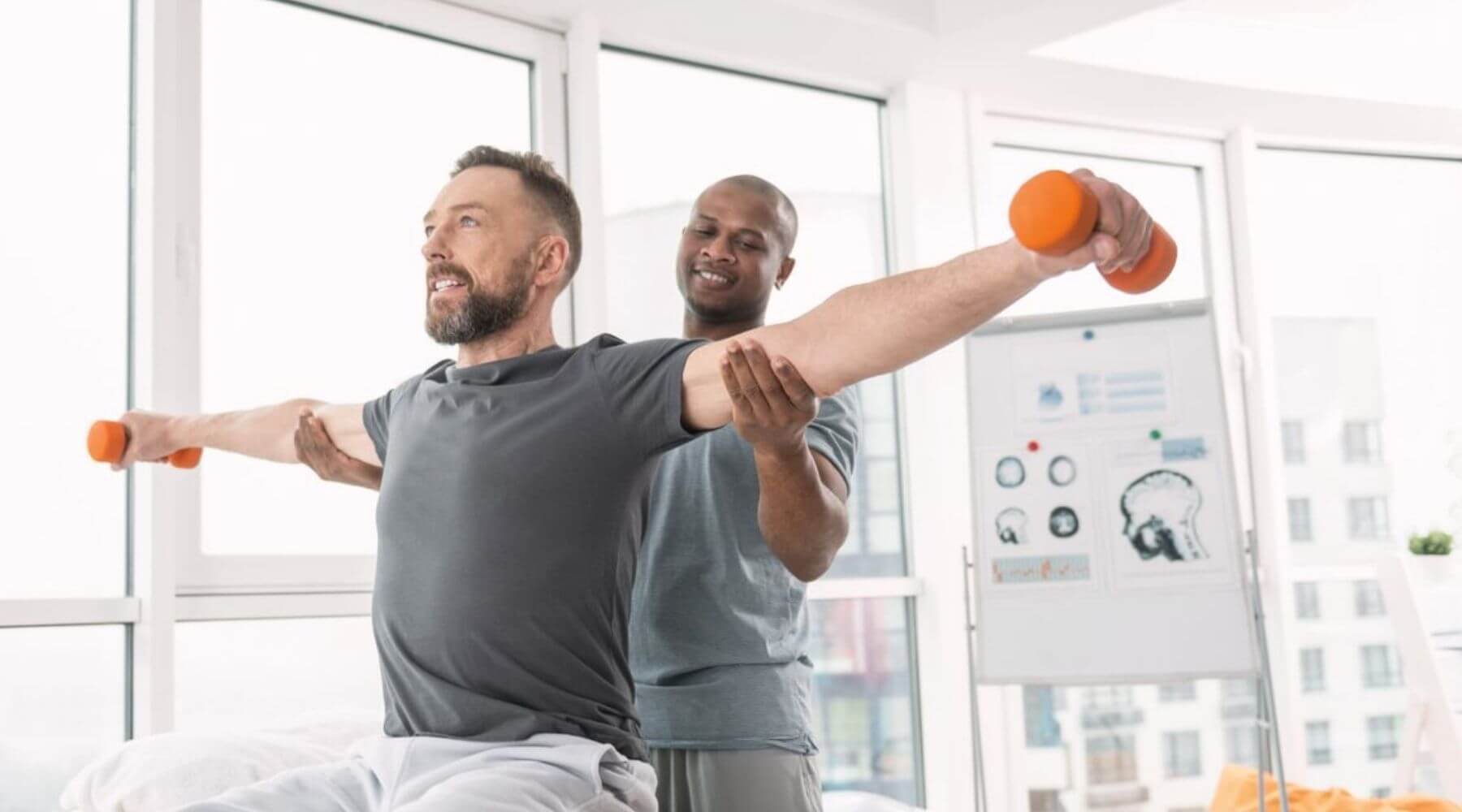Improving Rehab Outcomes Through Efficient Functional Movement Assessment Protocols
Improving Rehab Outcomes Through Efficient Functional Movement Assessment Protocols
Blog Article
Operational Mobility Assessment (FMS) is a valuable instrument used to evaluate an person's movement mechanics. This screening aids identify any deficiencies or discrepancies in the body, which can lead to harm if not addressed. In rehabilitation contexts, FMS can play a critical role in improving recovery results. By understanding how each individual moves, healthcare providers can develop focused rehabilitation plans that focus on enhancing power, flexibility, and overall performance.
One of the key advantages of using FMS in rehabilitation is its ability to identify specific aspects that need improvement. For instance, if a patient has difficulty with squatting or lunge movements, it may suggest a deficiency of mobility in their hip joints or ankles. This data allows therapists to formulate personalized fitness regimens that highlight correcting these shortcomings. As a result, patients are more likely to recover their strength and ability, which is essential for resuming to daily activities or athletics.
Incorporating efficient FMS protocols can also assist prevent future harm. Many injuries occur due to inefficient movement patterns or overuse check out this site of certain muscular groups. By screening individuals before they begin a recovery program, clinicians can identify risks and establish strategies to minimize them. Informing patients about appropriate movement mechanics and strengthening underdeveloped aspects can lead to long-term benefits, promoting that they remain active and healthy.
Moreover, the use of FMS can enhance communication between healthcare providers and clients. When clients see website here their mobility mechanics assessed and explained, they gain a better understanding of their rehabilitation process. This transparency fosters confidence and motivates patients to take an active role in their rehabilitation. By engaging patients in their rehabilitation process, they are more likely to follow to prescribed exercises and behavioral adjustments that promote better outcomes.
In summary, improving recovery outcomes through efficient operational mobility screening protocols is crucial for both clients and healthcare providers. By precisely evaluating movement mechanics, clinicians can develop tailored recovery programs that address individual needs. This not only aids in rehabilitation but also helps prevent future harm. As patients become more involved in their rehabilitation process, they are likely to achieve their goals and maintain a fit, engaged lifestyle.